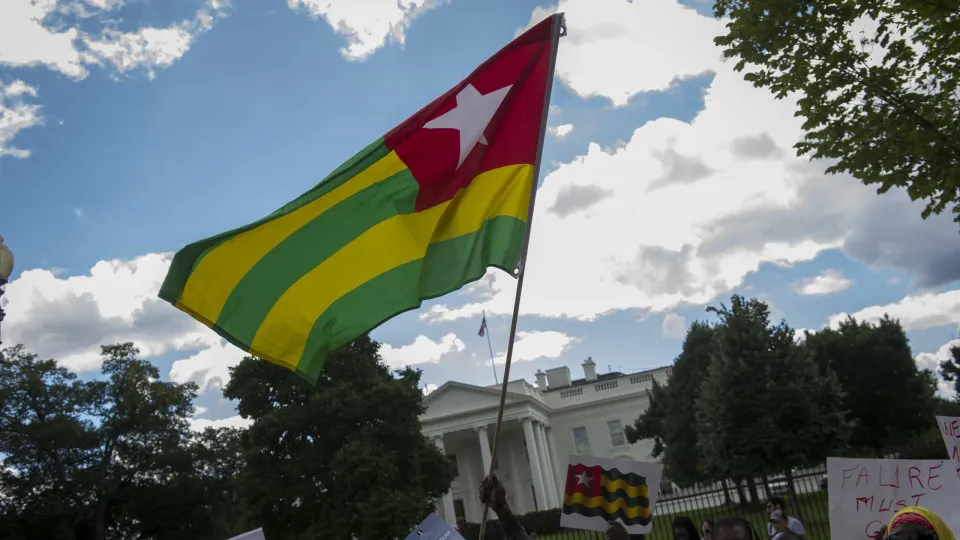Togolese Vote After Approval of Controversial Constitution
Togolese voters cast ballots Saturday for a new parliament and regional councillors in a poll that follows a swift constitutional reform that the opposition says is designed to extend President Faure Gnassingbe's rule.

© Getty Imagens

Mundo Togo
The results are expected to be announced within six days of the vote.
Togo, a small country of 8.8 million people sandwiched between Benin and Ghana, has been ruled by the Gnassingbé family since the 1960s: the current President, Faure Gnassingbé, replaced his father, Eyadema Gnassingbé, in 2005, who ruled the country with an iron fist for nearly 38 years.
"I welcome the peaceful conduct of the poll throughout the country and urge all our fellow citizens to fulfill their civic duty with serenity, in order to consolidate our democratic achievements," the head of state said on social media, after voting in Pya, in the north of the country, the region from which his family comes.
The non-governmental organization (NGO) Amnesty International also condemned the holding of the elections today, in a statement, alleging that they are being held "in a context of silencing dissenting voices".
Togo's parliament definitively adopted a new Constitution on the 19th of this month, which changes the country from a presidential system to a parliamentary system, after several weeks of great political tension.
Strongly criticized by the opposition, the new Constitution came into force exactly ten days before today's legislative and regional elections.
From now on, the deputies will elect the President of the Republic and the President of the Council of Ministers, a kind of prime minister who will concentrate the powers.
The new text stipulates that the deputies will elect the head of state "without debate" and "for a period of four years, renewable once".
The real exercise of power will be in the hands of a president of the Council of Ministers, a kind of super prime minister, who will necessarily be "the leader of the majority party" in the National Assembly, the new text stipulates.
Currently, the head of state, Faure Gnassingbé, is the president of the majority party in the Assembly, the Union for the Republic (UNIR, in French).
For the Togolese opposition, this is where the problem lies, as they interpret the approval of the new Constitution as a maneuver by Faure Gnassingbé to stay in power.
The head of state had already changed the Constitution in 2019, allowing him to reset the counters and run for two more terms, in 2020 and 2025, with the previous fundamental text, he would be forced to give up power in 2030.
Gnassingbé, 57, has already won four elections, all of which were contested by the opposition.
Togolese deputies had already adopted the new Constitution on March 25, after a few hours of debate and without the text being made public, which immediately provoked the indignation of the opposition and civil society, who quickly described the vote as a "institutional coup d'état".
Read Also: Ukraine. Russian attack kills two in Odessa (Portuguese version)

Descarregue a nossa App gratuita.
Oitavo ano consecutivo Escolha do Consumidor para Imprensa Online e eleito o produto do ano 2024.
* Estudo da e Netsonda, nov. e dez. 2023 produtodoano- pt.com



